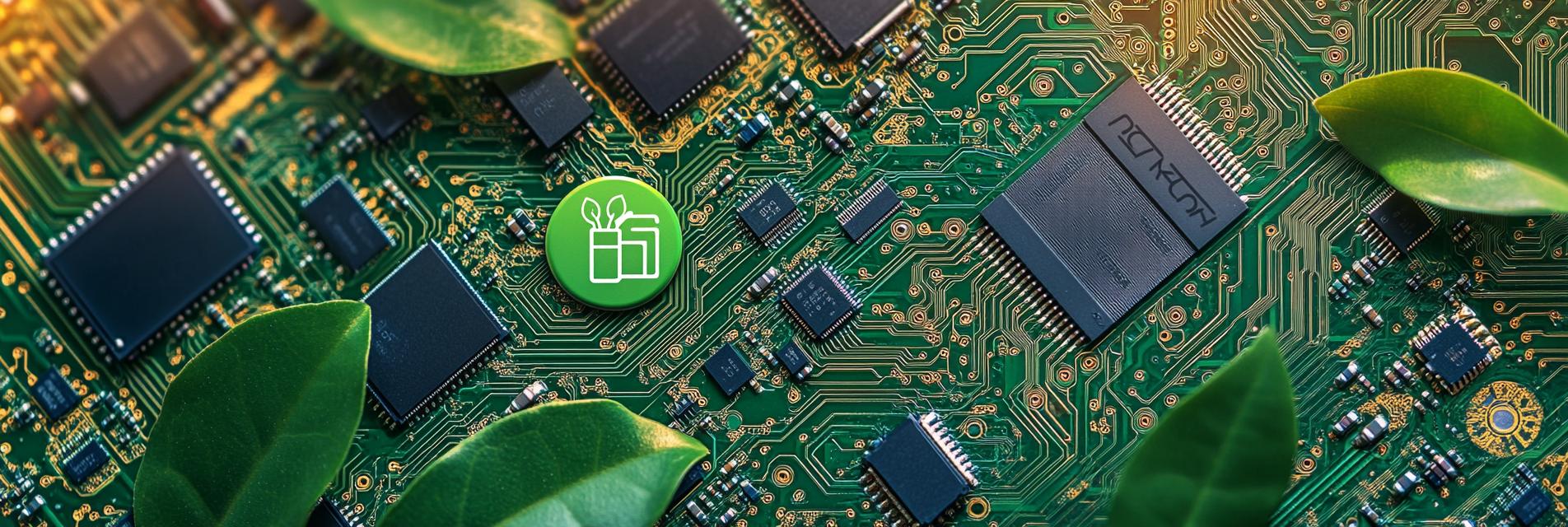In today's world, the significance of sustainability has become increasingly apparent, particularly in the electronics industry. Excessive waste, pollution, and resource depletion challenge manufacturers and consumers alike. Among the various components that require consideration in electronic production, printed circuit boards (PCBs) stand out due to their widespread use. This leads us to the pivotal question: How can PCB environmental certification benefit both manufacturers and the environment?
The production and disposal of PCBs have raised significant environmental concerns. Traditional PCB manufacturing processes often emit harmful substances and generate toxic waste. These issues not only affect ecosystems but also pose health risks to communities living near production facilities. Without strict regulations and standards, these negative impacts could escalate, harming both the planet and public health.
PCB environmental certification is designed to ensure that manufacturing processes meet specific eco-friendly standards. These standards typically focus on reducing hazardous waste, minimizing resource consumption, and promoting the recyclability of materials. By adhering to these standards, manufacturers can play a significant role in alleviating the environmental issues associated with PCB production.
Obtaining PCB environmental certification offers various benefits that extend beyond compliance with regulations:
In conclusion, PCB environmental certification plays a crucial role in promoting sustainable practices in the electronics industry. By addressing the environmental challenges associated with PCB production, manufacturers can not only reduce their ecological footprint but also enhance their market presence and brand reputation. As the demand for sustainable solutions grows, embracing PCB certification becomes not just an option, but a necessity for forward-thinking manufacturers.

